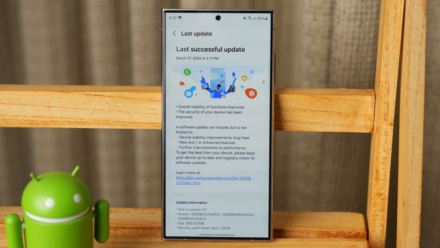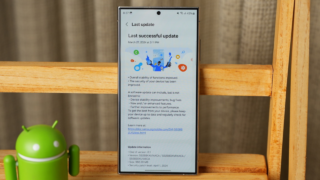On Monday, the US Supreme Court docket dismissed Elon Musk’s enchantment a few 2018 SEC settlement relating to his notorious “funding secured” tweet. Ars Technica experiences that the conservative-majority courtroom took a break from weighing whether or not US Presidents must be above the regulation to cross on Musk’s try and throw out the settlement, which required him to pay fines, step down from Tesla’s board and have his tweets pre-screened by a lawyer.
The justices denied Musk’s petition with out commenting. Their unwillingness to take up the billionaire’s enchantment leaves intact an appeals courtroom ruling from a 12 months in the past that smacked down the Tesla founder’s claims of victimhood.
The saga started in 2018 when Musk tweeted, “Am contemplating taking Tesla non-public at $420. Funding secured.” He additionally posted, “Investor assist is confirmed. Solely motive why this isn’t sure is that it’s contingent on a shareholder vote.” Tesla’s inventory rose by greater than six %.
There was just one tiny drawback: The funding wasn’t secured, and the SEC takes false statements that have an effect on traders very severely. The SEC mentioned, “Musk had not even mentioned, a lot much less confirmed, key deal phrases, together with value, with any potential funding supply” and that he “knew that he had not glad quite a few extra contingencies.” The federal government company claimed the publish brought about “vital confusion and disruption out there for Tesla’s inventory.”
The SEC settlement hit his pockets onerous, requiring Musk and Tesla to every pay $20 million in penalties. He additionally needed to step down from his board chairman function on the automaker and have a Tesla legal professional display any investor-related tweets earlier than posting. In fact, Musk later purchased Twitter and modified its identify to X. However no less than that’s going splendidly!
His enchantment mentioned the settlement pressured him to “waive his First Modification rights to talk on issues ranging far past the charged violations.” Musk, who at present has an estimated internet price of $185 billion, claimed he was a sufferer of “financial duress” when agreeing to the settlement, which he described as a tactic to “muzzle and harass” him and his firm.
The 2nd Circuit appeals courtroom, whose ruling will now be the ultimate phrase on the matter, shot down Musk’s arguments. “Events coming into into consent decrees might voluntarily waive their First Modification and different rights,” they mentioned. The appeals courtroom noticed “no proof to assist Musk’s rivalry that the SEC has used the consent decree to conduct bad-faith, harassing investigations of his protected speech.”












Leave a Comment